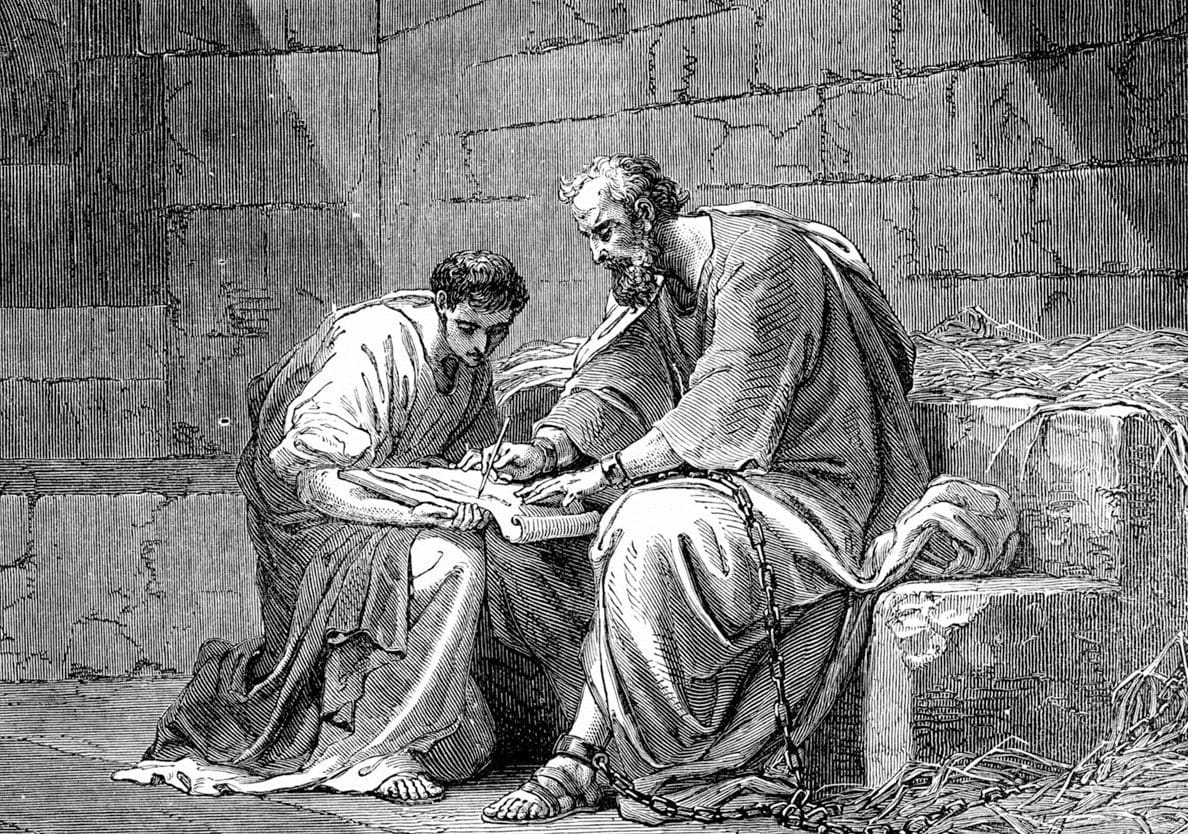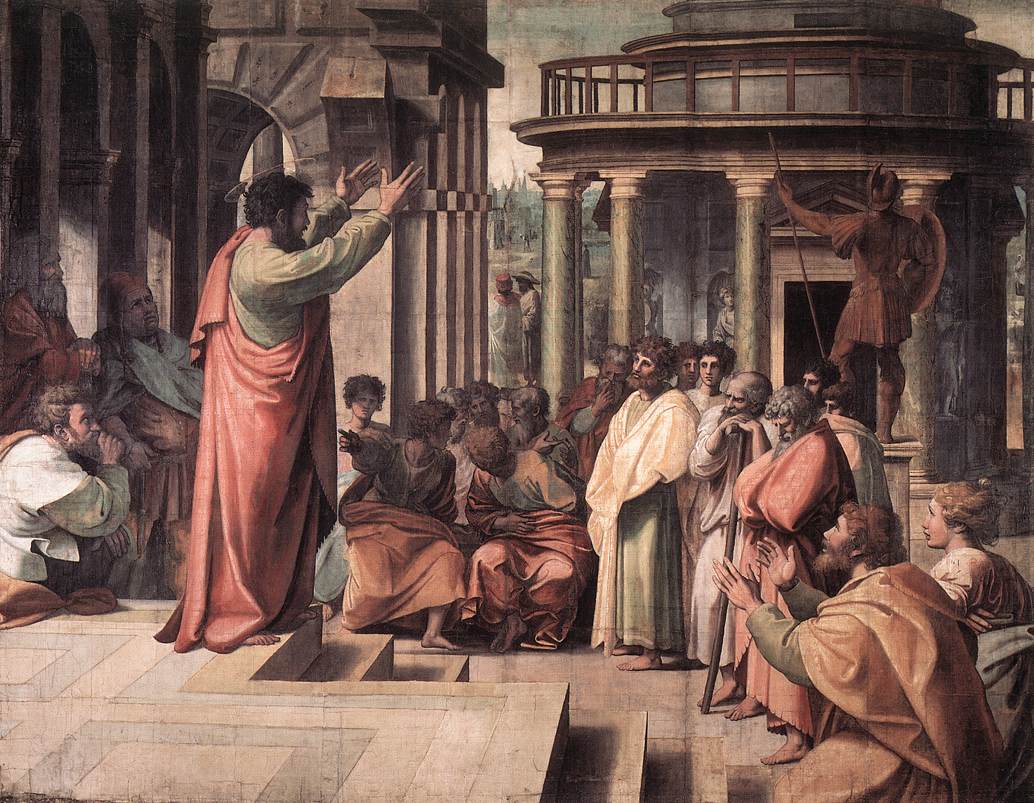Undoubtedly, one of the most significant conversions of all time was Saul of Tarsus, a highly educated and staunch Pharisaical Jew and a “Hebrew of Hebrews” (Philippians 3:5). Though, he would be the last person ever imagined to convert to Christianity, his dramatic encounter with the living Lord Jesus Christ on the road to Damascus turned him from persecutor to pastor and from mass murderer to mass missionary. In fact, it is highly significant that in Paul’s epistles and letters he writes “primarily as a missionary and only secondarily as a theologian.”[1]
“Paul illustrates in a very real and practical way the principles of imputation and vicarious atonement.”
John MacArthur
Indeed, “Gospel truth permeates everything Paul ever wrote. The gospel was at the center of his thoughts at all times.”[2] So much so that he occasionally even referred to it as “my gospel” (Romans 2:16, 16:25; 2 Timothy 2:8). His chief desire and goal was to win as many as possible to Christ and everything he did was for the sake of the gospel (1 Corinthians 9:19-23). It is not surprising, then, that “[v]irtually every one of Paul’s New Testament epistles defends and clarifies some crucial point of doctrine germane to the gospel message.”[3] This is true all the way from the highly influential book of Romans even to his shortest epistle, his letter to Philemon.
Paul’s letter to Philemon is a private and personal note regarding Philemon’s slave Onesimus. Onesimus runs away[4] and just so happens to meet Paul who, in a turn of events, converts him to Christianity and encourages him to return home to Philemon (who had also been converted by Paul).[5] “I appeal to you” writes Paul, “for my son Onesimus, who became my son while I was in chains. Formerly he was useless to you, but now he has become useful both to you and to me (the name Onesimus means ‘useful’). I am sending him—who is my very heart—back to you. Perhaps the reason he was separated from you for a little while was that you might have him back forever—no longer as a slave, but…as a fellow man and as a [dear] brother in the Lord” (Philemon 10-11, 15-16). After Paul completed the letter, Onesimus apparently first helped deliver Paul’s epistle to the Colossians (Colossians 4:7-9) and then took this private note to Philemon.[6] Of course, “Philemon had every legal right to kill Onesimus as a runaway slave, but Paul knew Onesimus was a changed person; he just had to convince Philemon.”[7]


It is through this very appeal that “Paul manages to paint a crystal-clear picture of gospel truth while exemplifying the spirit of Christ through his own actions. He includes this plea, which perfectly epitomizes what Christ did for His people: ‘Receive him as you would me. But if he has wronged you or owes anything, put that on my account’ (Philemon 17-18). Thus, Paul illustrates in a very real and practical way the principles of imputation and vicarious atonement.”[8]
As New Testament scholar David E. Garland rightly concludes, “We do not know the outcome of this appeal, but the inclusion of this short and intimate letter in the canon suggests that it was successful. It reveals how the Christian faith breaks down what seems to be insurmountable social walls (Galatians 3:28; Colossians 3:11).”[9]

Ryan Hembree is a daily co-host, speaker, and writer of Bible Discovery. He also hosts a YouTube channel that shows the unity of the Bible and how science and Scripture fit together. Ryan also has an honorary Masters of Ministry in Creation Science from Phoenix University of Theology.
[1] Robert E. Picirilli, Paul the Apostle: Missionary, Martyr, Theologian, 7.
[2] John MacArthur, The Gospel According to Paul, XIX.
[3] John MacArthur, The Gospel According to Paul, XVII.
[4] Traditionally it is believed than Onesimus was a runaway slave. However, another interpretation suggests that he “was not a fugitive but had committed some misdeed and sought out Paul to intercede for him with his master.” David E. Garland, NIV Biblical Theology Study Bible: Introduction to Philemon, 2191.
[5] Chuck Missler, Learn the Bible in 24 Hours, 240.
[6] Specifically, “Onesimus accompanied Tychicus in bearing Paul’s letter to the church at Colosse.” Ron Hembree, Quick Study Bible, 1520.
[7] Chuck Missler, Learn the Bible in 24 Hours, 240.
[8] John MacArthur, The Gospel According to Paul, XIX.
[9] David E. Garland, NIV Biblical Theology Study Bible: Introduction to Philemon, 2191.






